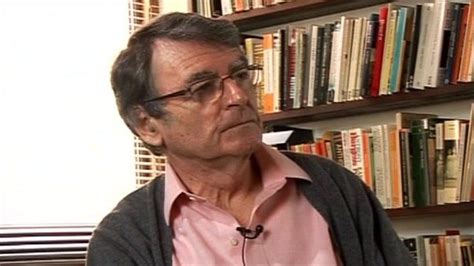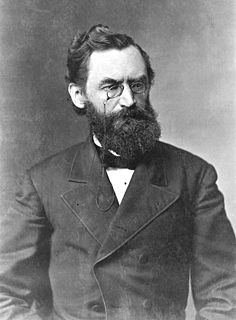A Quote by Napoleon Hill
Verily, there is nothing, right or wrong, which belief, plus burning desire, cannot make real.
Related Quotes
Belief, thus, in the supernatural, great as are the services which it rendered in the early stages of human development, cannot be considered to be any longer required, either for enabling us to know what is right and wrong in social morality, or for supplying us with motives to do right and to abstain from wrong.
There's nothing "wrong" with anything. "Wrong" is a relative term, indicating the opposite of that which you call "right." Yet, what is "right"? Can you be truly objective in these matters? Or are "right" and "wrong" simply descriptions overlaid on events and circumstances by you, out of your decision about them?
There's nothing wrong with loving your country. There's nothing wrong with caring about who gets into your country. There's nothing wrong about wanting your country to be great. There's nothing wrong with thinking that the country comes before the world. There's nothing wrong at all, and that's been wrong in the past and we're gonna make it right. We're gonna love America, we're gonna unify, we're gonna make America great again.
What interest, zest, or excitement can there be in achieving the right way, unless we are enabled to feel that the wrong way is also a possible and a natural way, nay, more, a menacing and an imminent way? And what sense can there be in condemning ourselves for taking the wrong way, unless we need have done nothing of the sort, unless the right way was open to us as well? I cannot understand the willingness to act, no matter how we feel, without the belief that acts are really good and bad.
Four times, under our educational rules, the human pack is shuffled and cut - at eleven-plus, sixteen-plus, eighteen-plus and twenty-plus - and happy is he who comes top of the deck on each occasion, but especially the last. This is called Finals, the very name of which implies that nothing of importance can happen after it.
I don't think that writing, real writing, has much to do with affirming belief--if anything it causes rifts and gaps in belief which make belief more complex and more textured, more real. Good writing unsettles, destroys both the author and the reader. From my perspective, there always has to be a tension between the writer and the monolithic elements of the culture, such as religion.
Increase and widen your desires till nothing but reality can fulfill them. It is not desire that is wrong, but its narrowness and smallness. Desire is devotion. By all means be devoted to the real, the infinite, the eternal heart of being. Transform desire into love. All you want is to be happy. All your desires, whatever they may be are expressions of your longing for happiness.
Ignorance, vulnerability, fear, anger, and desire are expressions of the infinite potential of your buddha nature. There's nothing inherently wrong or right with making such choices. The fruit of Buddhist practice is simply the recognition that these and other mental afflictions are nothing more or less than choices available to us because our real nature is infinite in scope.


































